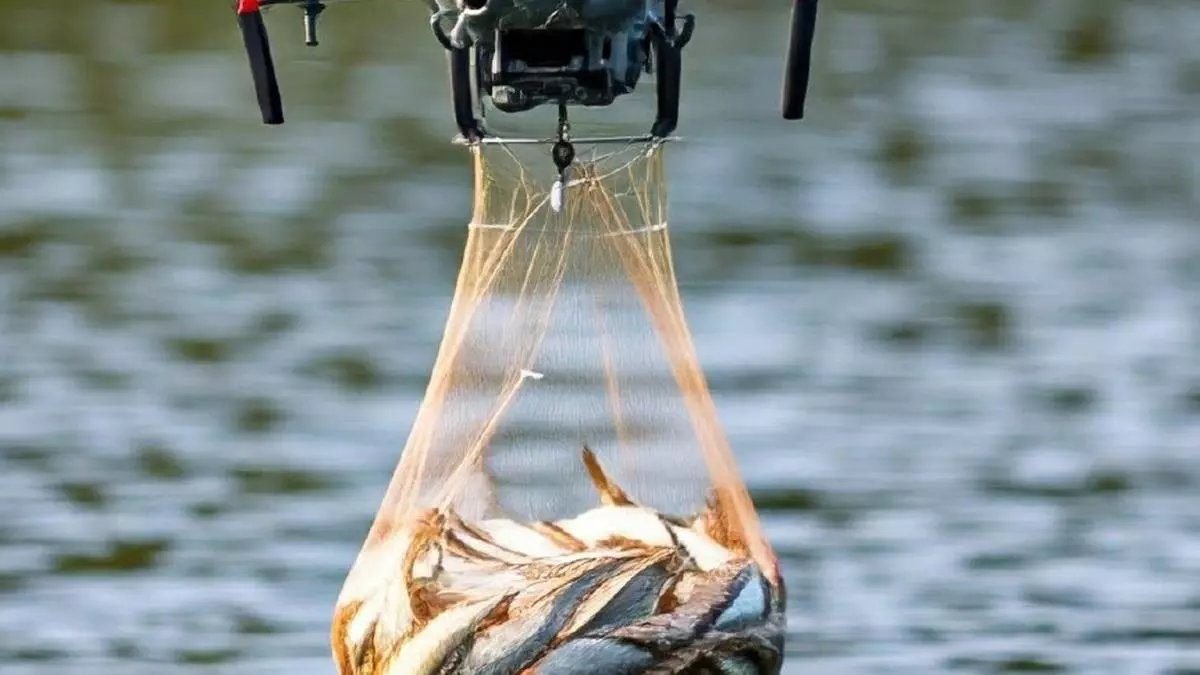The Fisheries Ministry, National Fisheries Development Board (NFDB), and ICAR-Central Marine Fisheries Research Institute (CMFRI) have collaborated to promote drone applications in the marine fisheries sector. This initiative aims to improve the efficiency of marine fisheries operations, from detecting algal blooms to conducting rescue operations during emergencies. An awareness workshop and drone demonstration will be held at CMFRI on November 8 to showcase the various uses of drones in aquaculture, live fish transportation, water sampling, and marine mammal stock assessment, among others.
The technology is expected to enhance efficiency, reduce labor costs, and minimize environmental impact in marine fisheries. Drones can be utilized in cage fish farming to monitor fish health, assess water quality, and optimize feed distribution. They can also help in early detection of algal blooms and other environmental threats, as well as monitor paddy seedlings in Pokkali farms. Additionally, drones can transport live fish from remote aquaculture sites to markets, ensuring freshness and reducing transportation time.
Furthermore, drones can aid in marine mammal stock assessment, surveillance of interactions, and deployment of life jackets during rescue operations. The technology can also benefit research on water quality assessment in Vembanad Lake and help locate pelagic fish shoals to optimize fishing efforts and reduce fuel consumption. By leveraging drone technology, marine scientists hope to improve various aspects of marine fisheries operations and enhance sustainability in the sector.






